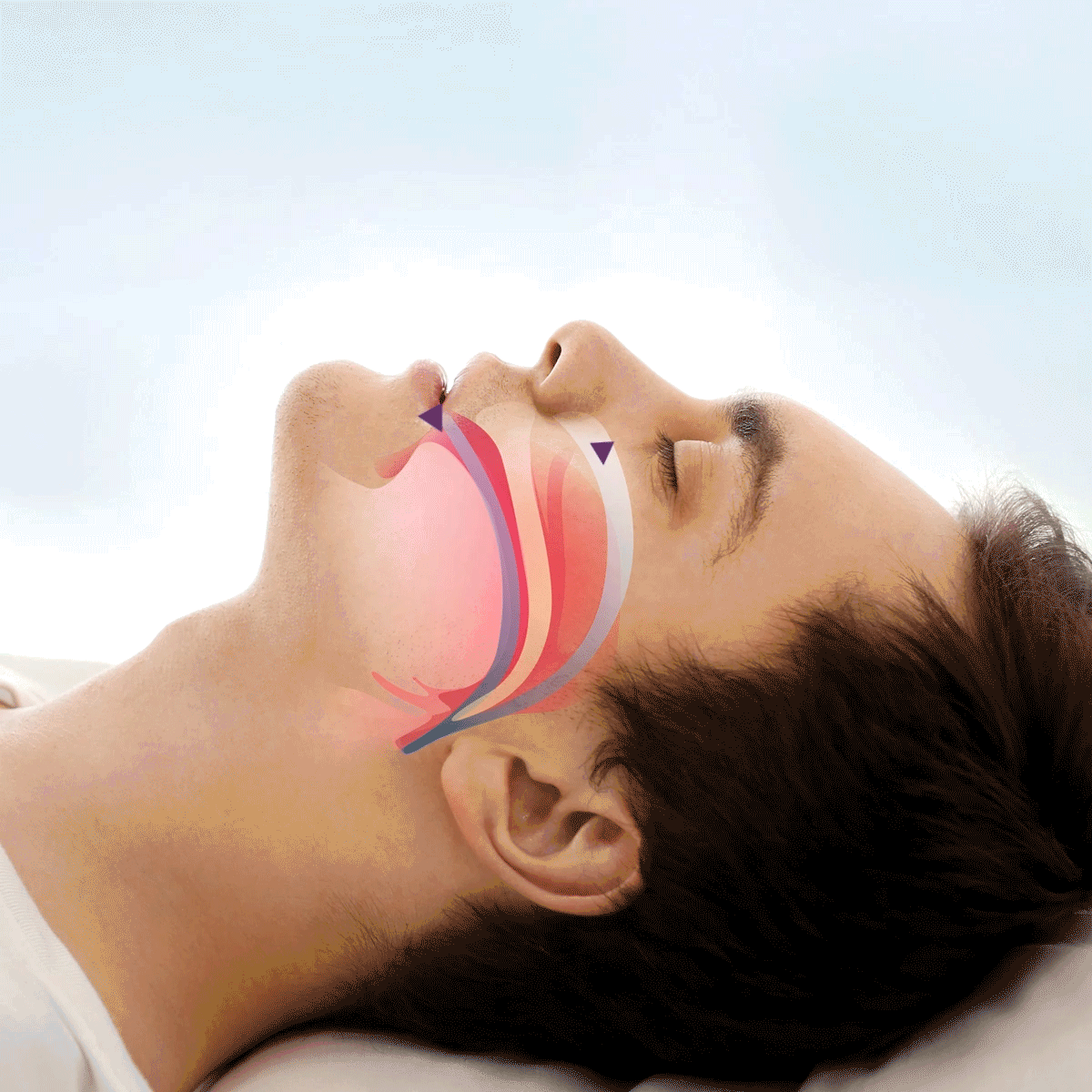The Sleep Apnea & Extreme Obesity Correlation
Sleep apnea is an often under-recognized condition that is common to many. According to studies, it is the leading medical cause of excessive daytime sleepiness, and while anyone can suffer from it, it is more prevalent among men. It is also a common condition in those who are obese, as excess weight can cause sleep apnea. If you suspect you have sleep apnea, it is important that you seek medical advice. There are treatments for this common sleeping condition, and if you are obese, weight loss surgery may be the answer.
What Is Sleep Apnea?


Sleep apnea is a disorder in which people experience abnormal breathing while they sleep. They have extended pauses in their breath while sleeping, and this occurs because of a narrow or blocked upper airway. These breathing lapses can happen regularly, sometimes up to as 30 a night, and they can affect the flow of oxygen to the body. If left unchecked, sleep apnea can lead to serious health consequences, including the risk of a heart attack or a stroke.
What Are The Causes Of Sleep Apnea?
There are a number of causes for obstructive sleep apnea (OSA), and these can include:
Smoking – due to the inflammation of the airway
Sleeping position – sleeping on the back can cause the tissue around the airway to collapse and cause a blockage
Medications – certain sedatives can cause the tissue in the throat to relax
Family history – people with relatives suffering from OSA are more likely to experience it themselves
There are a number of other causes, including nasal congestion, hormonal abnormalities, and alcohol use.
Obesity can also be a risk factor, as this can lead to an anatomical narrowing of the airway, and worsen the symptoms associated with sleep apnea. Unfortunately, the sufferer can get caught up in a vicious cycle. Their excess weight can cause sleep apnea, but because of their disrupted sleep pattern, their tiredness can lead to weight gain! Part of the reason for this, according to a 2013 study, is the increased carbohydrate intake to boost energy levels. The more a person was to consume, the greater amount of weight they would put on.
Encouragingly, all hope isn’t lost. Weight loss can improve sleep apnea, and this can come about through regular exercise and a healthy diet. Some people might also benefit from weight loss surgery, especially when they are dangerously overweight (a BMI of 40 or above), or when traditional methods of weight loss don’t work.
What Are The Symptoms Of Sleep Apnea?
People who have sleep apnea usually experience the following symptoms:
- Disrupted breathing
- Excessive daytime sleepiness
- Irritability and forgetfulness, usually because of tiredness
- A sore throat or a dry mouth first thing in the morning
- Chronic snoring
In the case of disrupted breathing and snoring, the person may not recognize these symptoms in themselves. It will usually be their partner who notices these telltale signs of sleep apnea.
Health Effects Of Sleep Apnea And Extreme Obesity
When people are deprived of quality sleep, they are more likely to experience stress on their metabolic, pulmonary, and cardiovascular systems. The consequences of this can include a high blood pressure, and the increased risks of a stroke or a heart attack.
The issue is compounded for people who are obese, as their excess weight already elevates the risk of lung, heart, and metabolic disorders.
Taken together, sleep apnea and extreme obesity are a dangerous combination, so early intervention is needed.


Bariatric Surgeon | Gabriela Rodriguez MD FACS
Can Weight Loss Cure Sleep Apnea?
Weight loss can certainly be effective, although it doesn’t always lead to a complete cure. Some sleep apnea patients need additional therapies, depending on their individual circumstances.
However, weight loss can reduce the severity of the condition, so lifestyle and diet changes are to be recommended. When a patient loses weight, they will reduce the fatty deposits in the throat and tongue, two contributing factors to restricted airflow. They will also improve airway traction when they reduce abdominal fat due to the increase in their lung volume. This will ensure the airway is less likely to collapse when they are sleeping.
Weight loss can also reduce many of the other symptoms related to sleep apnea, including daytime sleepiness. This can break into the vicious cycle of tiredness leading to a higher food intake, so the quality of life of the person can be improved. When they eat fewer calories, they will reduce their body weight, and potentially increase their chances of a better night’s sleep.
What Do I Do If I Have Sleep Apnea?
If you have sleep apnea, your first port of call should be your doctor. They will probably refer you to a sleep center for overnight monitoring. Here, you will be hooked up to equipment that monitors your heart, lung and brain activity, blood oxygen levels, body movements, and breathing patterns while you sleep. Your doctor might also provide you with simplified tests that can diagnose sleep apnea at home.
If you do have sleep apnea, treatment will be recommended. It might be that a few lifestyle changes will help, such as quitting smoking and doing more to lose weight if obesity is a problem. You might also benefit from a machine that delivers air pressure through a mask while you sleep.
In some cases, you might need surgery, especially when tissue removal around your throat and mouth would be a helpful solution to curing your sleep apnea. If you are excessively overweight, you might also require weight loss surgery, and here at VIDA Bariatrics, we can talk to you about the options that are available.
So, don’t lie awake at night worrying about your sleep apnea or your obesity. If you need help, get it. Contact your local doctor, and if you are interested in weight loss options, contact us here for a free virtual consultation.